Vice President JD Vance Defends U.S. Strikes in Iran, Drawing on Trust in Trump’s Strategy
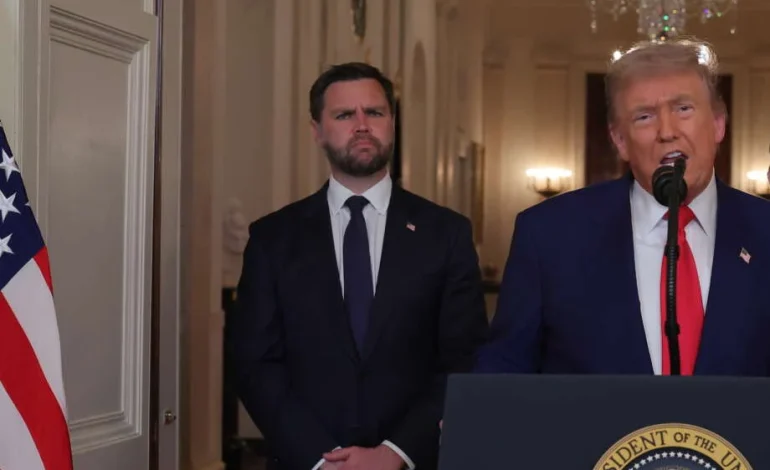
Vice President JD Vance offered a firm defense of the recent US military strikes on Iranian nuclear facilities, attempting to reassure Americans skeptical of renewed conflict in the Middle East by pointing to President Donald Trump’s leadership and strategic vision, MSNBC reports.
In a Sunday appearance on NBC’s Meet the Press, Vance acknowledged public fatigue after decades of US military involvement in the region but argued that current decision-making in the White House differs from past administrations.
“I certainly empathize with Americans who are exhausted after 25 years of foreign entanglements in the Middle East,” Vance said. “The difference is that back then, we had dumb presidents, and now we have a president who actually knows how to accomplish America’s national security objectives.”
Vance’s comments come amid rising questions about the administration’s shifting stance on Iran, especially following strikes that targeted facilities in Natanz, Fordow, and Isfahan over the weekend. The attacks were framed by the White House as a preventative measure intended to neutralize what it calls an imminent nuclear threat, though the extent of the actual damage remains unclear.
The vice president’s defense emphasized a clear, decisive approach to national security, but critics point out inconsistencies in the administration’s rhetoric and policies toward Iran.
Only days before the strikes, President Trump had publicly called for a resumption of nuclear negotiations, offering what he described as a brief “window” for diplomacy. The swift transition from that offer to military action has prompted criticism from across the political spectrum — with some questioning the credibility of the administration’s messaging.
Despite the mixed signals, supporters argue that the strikes demonstrate strength and serve as a deterrent. House Speaker Mike Johnson said in a statement that the operation “should serve as a clear reminder to our adversaries and allies that President Trump means what he says.” Defense Secretary Pete Hegseth echoed the sentiment, claiming that “when this president speaks, the world should listen.”
Yet, even within the administration, not all officials have backed Trump’s post-strike claim that Iranian nuclear sites were “completely and totally obliterated,” citing a lack of verifiable evidence at this stage.
For critics of the administration, Vance’s core message — that Americans should trust Trump’s judgment — raises concerns. During his Senate campaign in 2022, Vance positioned himself as a non-interventionist, praising Trump’s past avoidance of new wars and warning against reckless overseas engagements. His alignment now with a preemptive strike policy is seen by some as a significant shift.
Skeptics also note Trump’s history of inconsistent statements on foreign policy, raising questions about whether the public should place full confidence in his approach to Iran. Lawmakers from both parties have expressed concern that the strikes could lead to escalation without a clear long-term plan.
Still, Vance insists that current decisions are being made with US national interests in mind and are backed by a more competent and focused leadership team. Whether that reassurance satisfies a war-weary public — or members of Congress calling for greater oversight — remains to be seen.
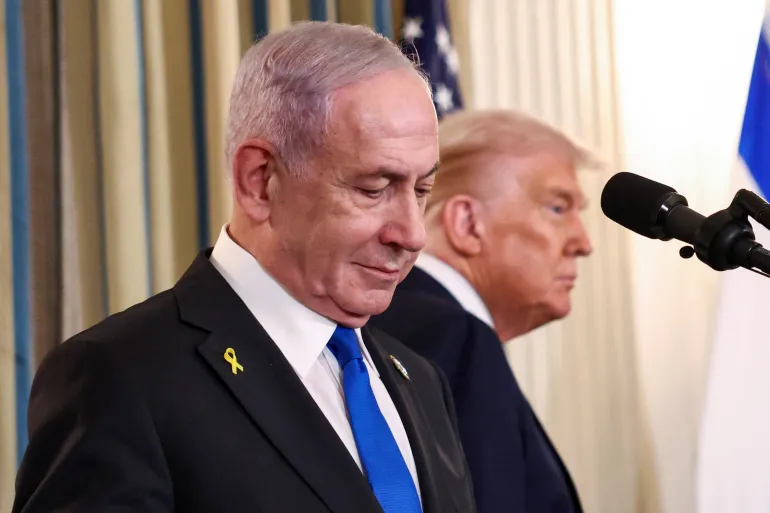

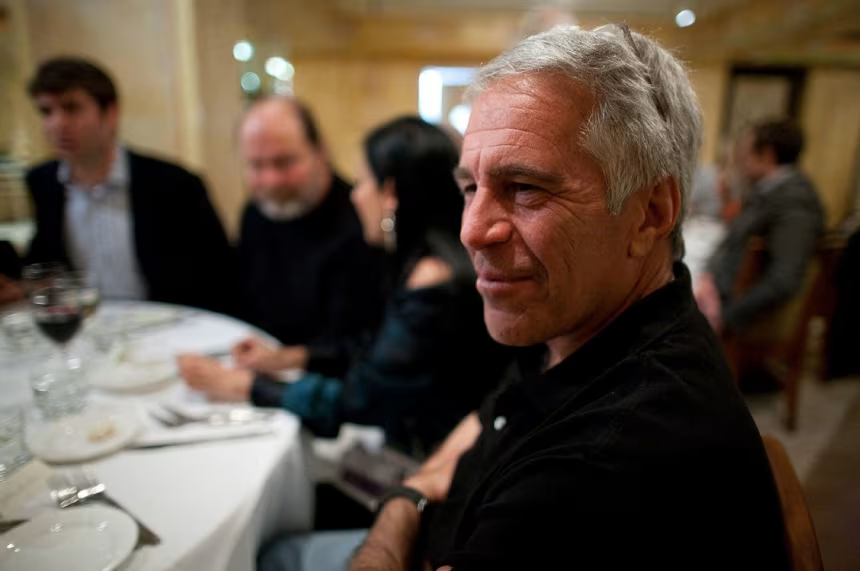
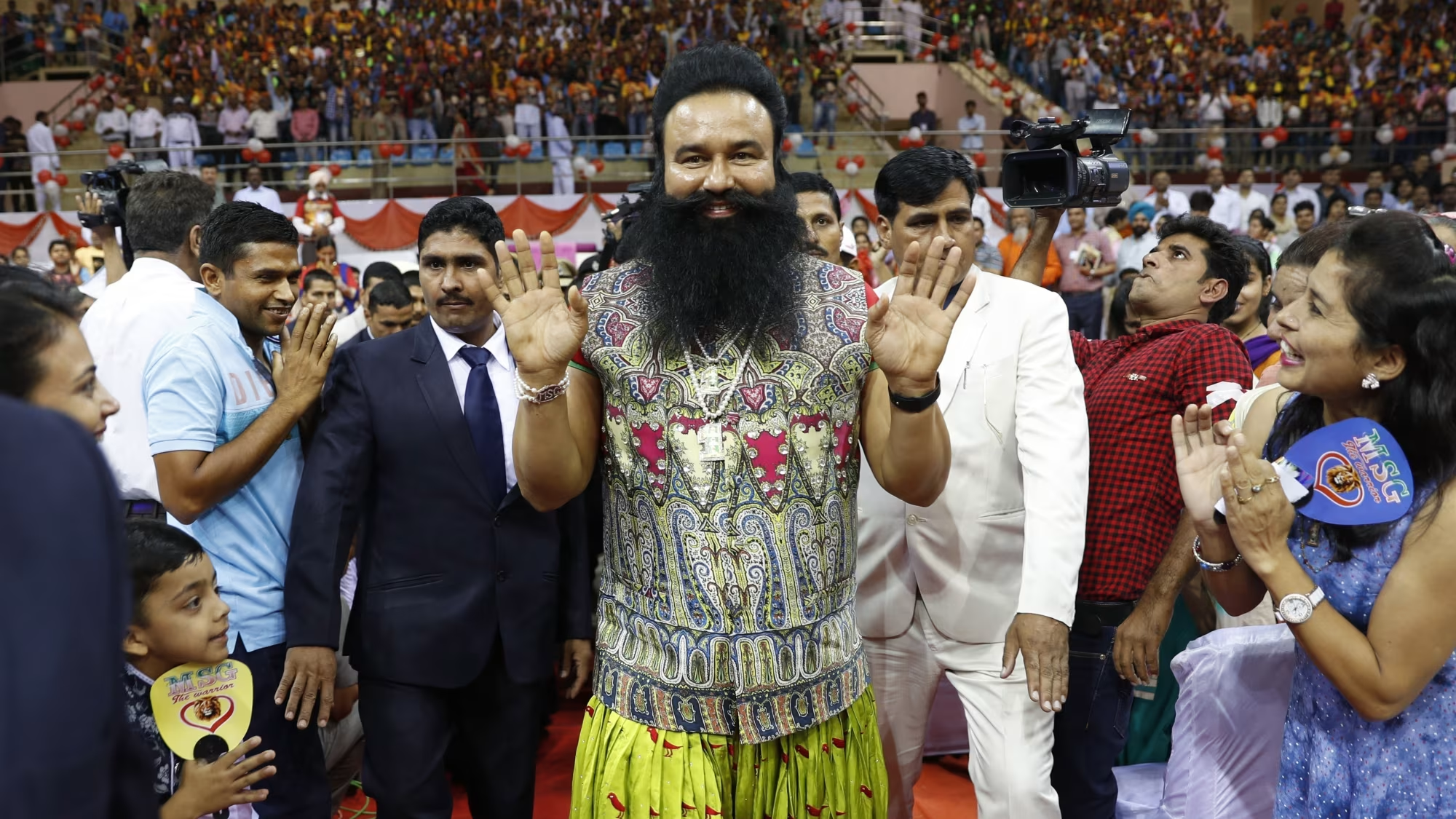
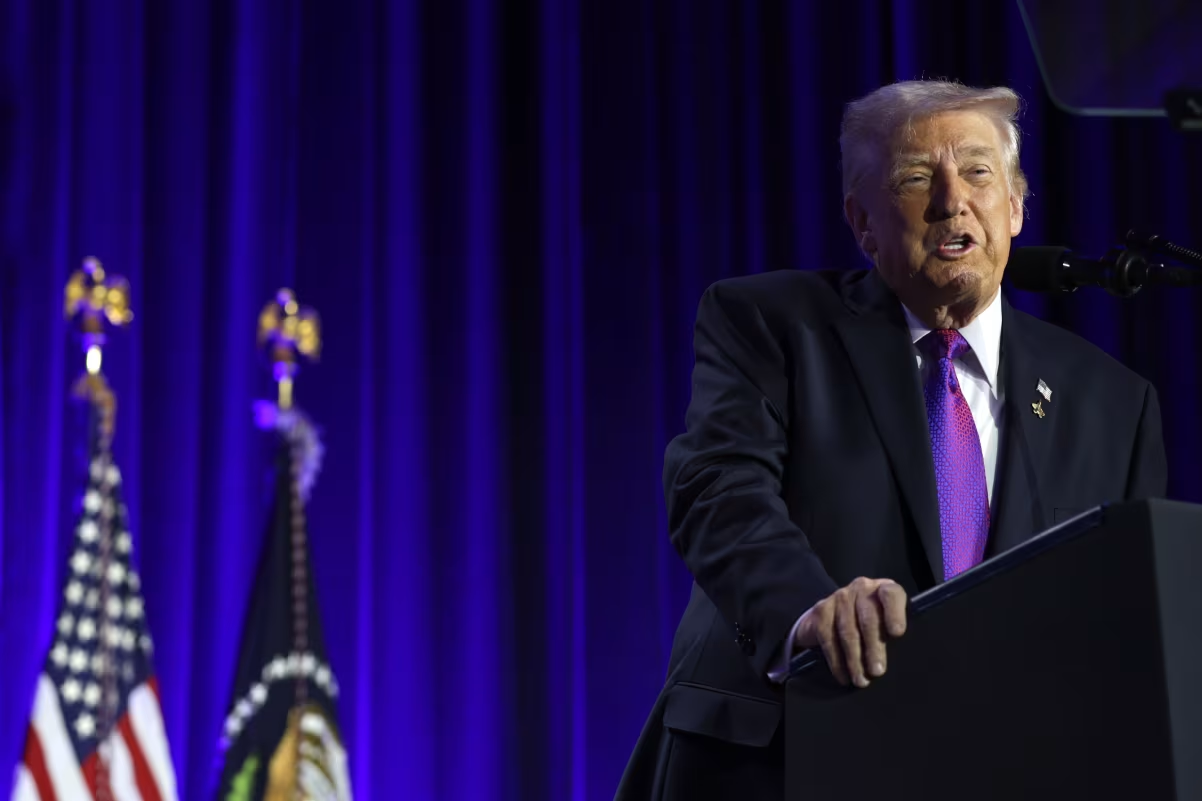




The latest news in your social feeds
Subscribe to our social media platforms to stay tuned